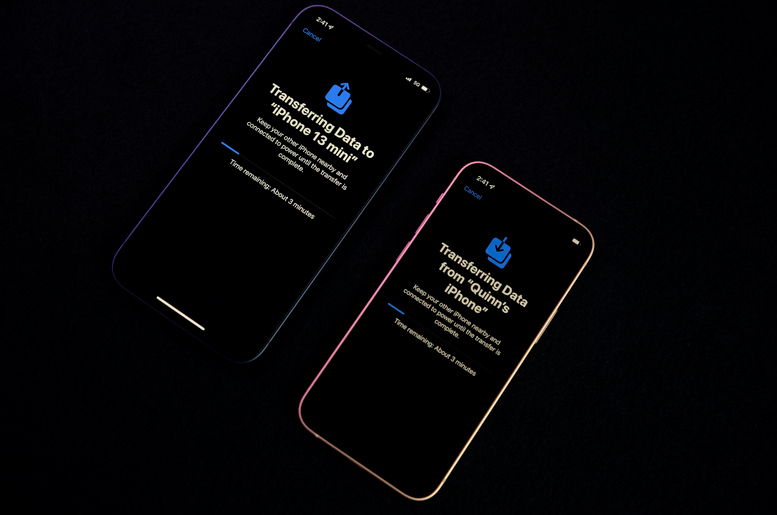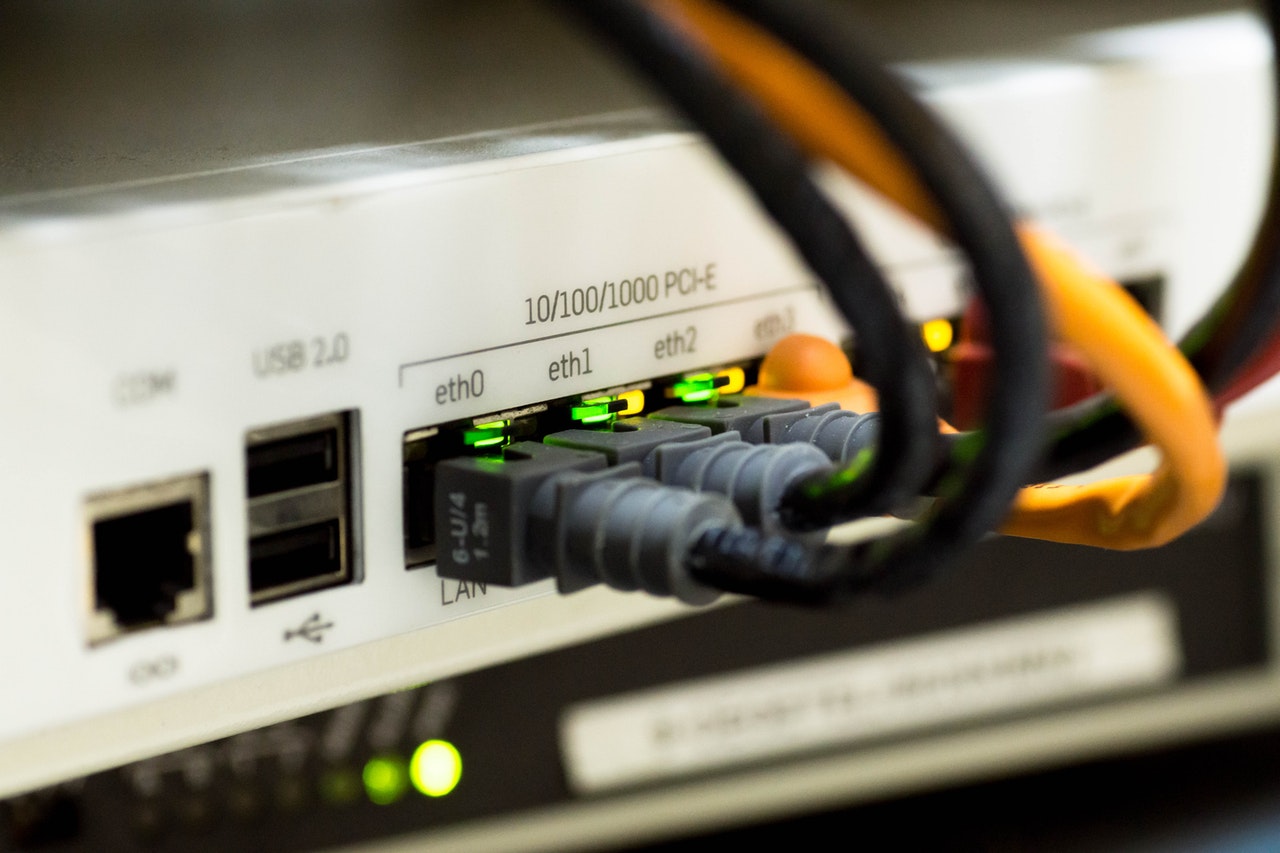In the realm of online file sharing, privacy and anonymity are paramount concerns for users seeking to exchange digital content securely and without fear of surveillance or repercussion. A vpn serves as a powerful digital tool in safeguarding user anonymity during file-sharing activities, offering encryption, IP masking, and other privacy-enhancing features. Let’s explore how VPNs enable users to maintain anonymity while engaging in file-sharing activities.
Encryption

VPNs encrypt users’ internet traffic, creating a secure tunnel between their gadgets and the VPN server. This encryption prevents third parties, including ISPs, hackers, or government agencies, from intercepting or monitoring the content of files being shared. By encrypting data in transit, VPNs ensure that file-sharing activities remain private and secure.
IP Address Masking
This process effectively anonymizes users’ online identities, making it difficult for others to trace their file-sharing activities back to their actual location or identity. As a result, users can share files anonymously without revealing their true IP address to peers or monitoring entities.
Bypassed Geo-Restrictions
VPNs enable users to bypass geo-restrictions imposed by content providers or government authorities. They allow them to access file-sharing platforms, torrent websites, or peer-to-peer (P2P) networks from anywhere in the world. By connecting to VPN servers located in different countries, users can circumvent censorship and access restricted content while maintaining their anonymity.
Secure File Transfer

In addition to anonymizing users’ online activities, VPNs provide a secure environment for file sharing by encrypting data end-to-end. This encryption ensures that files shared between peers or across P2P networks remain confidential and protected from unauthorized access or interception. Users can trust VPNs to facilitate secure file transfer without compromising their anonymity or data integrity.
Throttling Prevention
Internet service providers (ISPs) often throttle bandwidth for users engaged in high-bandwidth activities such as file sharing or torrenting. VPNs prevent ISPs from identifying and throttling file-sharing activities by encrypting internet traffic and masking users’ IP addresses. It ensures that users can enjoy optimal download and upload speeds while maintaining their anonymity.
Enhanced Privacy
VPNs operate under a strict no-logs policy, meaning they do not store or track users’ online activities, including file-sharing activities. This commitment to privacy ensures that users’ digital footprints are not recorded or stored by the VPN provider, minimizing the risk of data exposure or surveillance. As a result, users can share files anonymously with confidence in their privacy protection.
VPNs play a crucial role in helping users stay anonymous while engaging in file-sharing activities. Through encryption, IP masking, and other privacy-enhancing features, VPNs enable users to share files securely and anonymously, free from the prying eyes of surveillance or censorship. By leveraging VPN technology, users can enjoy the benefits of online file sharing while safeguarding their privacy and anonymity in an increasingly interconnected digital landscape.




